|
On June 2, 2018, the Cuban government announced its commitment to constitutional reform. The domestic advocacy non-governmental organization Cuba Possible Ideas Laboratory engaged in debates and created a range of proposals to shape the new Constitution. Nevertheless, the government proceeded principally with its own draft text, which the Cuban people officially approved on February 24, 2019, in a national referendum.
Published by the Sergio Arboleda University of Bogota, the 2020 book The Cuba We Wanted presents and examines many of Cuba's possible debates and proposals that sought to inform the 2019 constitution. The book's prologue cites the need for a “greater democratic opening” for Cuban citizens as a primary driver of this Constitutional reform. Subtitled “Cuba's possible debates on its formulation, preliminary draft, and final project,” The Cuba We Wanted provides insights into the periods before, during, and after Cuba’s recent constitutional reform. The Cuban current affairs organization Cuba Program describes the book as “fundamental” and its perspective as “inclusive.”
0 Comments
A poll conducted by the Harvard Kennedy School Institute of Politics found that younger voters are not excited at the prospect of another Biden-Trump presidential duel. The poll’s results, which were released on December 5, indicated that younger voters are more inclined to vote a “third party” or not vote at all. In the 2020 elections, a record number of Gen Z and late Millennial voters helped President Biden win against President Trump.
In this recent survey, however, it is clear that younger voters are not interested in having to face the same two candidates. Of the 2,098 Americans aged 18 to 29 polled, the number of voters who said they will “definitely” vote in 2024 dropped from 57 percent to 49 percent during the same period (one year before elections) in 2019. In an analysis published in The Harvard Gazette, many of the Gen Z and late Millennial voters appear to have a growing distrust that either Trump or Biden are capable of solving America’s major social issues. Their disenchantment with the two major political parties is also notable. The Cuban Studies Institute covers more than just the political history of Cuba and its relationships with other countries. It preserves and shares the country’s culture and proposes solutions to its most pressing problems. To reflect this diverse array of interests, its staff consists of individuals from both the public and private sectors, with experience in fields like journalism, consulting, and international ambassador roles at the United nations. As of 2023, represented institutions include Florida Atlantic University, Herencia magazine, and the Office of Cuba Broadcasting.
To share its findings with the public, the Cuban Studies Institute publishes articles from its staff on its website, sorted into five categories, including economics, international relations, and history. The current events it discusses include proposed ways to improve Cuba’s relationship with the United States, and evidence of the growing influence of China and Russia in the region. Historical topics include analysis of the conditions surrounding the Cuban missile crisis, and the aftermath of the Bay of Pigs invasion. An El Pais article in November, 2023, brought focus to Mexico and its role as an indicator in potential shifts in the North American automotive sales and manufacturing economy. Behind only Russia, Mexico represents the second leading importer of Chinese cars, with consumers buying 260,000 Chinese-made vehicles over the past year.
In September alone, these sales increased by six percent, accounting for nearly 20 percent of overall sales. Demand was so substantial that Michoacan port authorities lacked the equipment to expeditiously remove a substantial number of vehicles shipped, resulting in a shipping traffic jam. At the same time, Mexico is a country that exports large numbers of vehicles to the US. This has alarmed US legislators, who recently complained in a letter to the US Trade Representative that they feel China may have strategic aims of flooding the US with state-subsidized electric vehicles. In recent months, the EU and US have both ramped up a long-simmering trade war focused on Chinese vehicles and semiconductors. A major part of this involves seeking strategic alternatives to China for production-line and supply-chain sourcing. Mexico has no such geopolitical dilemma, and the automotive sector has replaced oil as its major export growth driver, contributing 4.8 percent to GDP. Some 22 percent of foreign direct investment is now directed toward that industry, with Chinese companies such as JAC Motors, Chery Automobile, and Geely establishing a substantial assembly plant presence in Mexico. Comparative politics has presented to the globe a different outlook on how peace can be attained or maintained in a world that is often characterized by conflicts and disagreements. Comparative politics involves an analysis of various political systems, structures, and activities of different states.
By comparing and contrasting the political systems and structures of different countries, researchers understand the different value systems, beliefs, traditions, material stakes, and capabilities of societies. Such an awareness is one basis for managing conflicts, and hoping high, for being tolerant and cooperative at a global level. Scholars can analyze how different countries approach concerns like governance, conflict resolution, and human rights and find similar or diverging patterns. These ideas will help policymakers and global organizations develop strategies for ending and preventing future conflicts. Experts and diplomats will be able to have better relationships and create more viable alliances if they understand the political systems and priorities of other nations. Furthermore, by studying how various countries have successfully navigated conflicts, negotiators and diplomats can draw upon this knowledge to craft more effective peace agreements. Additionally, it also provides insights into how to avoid some of the mistakes that lead to conflict escalation. Comparative politics research directly impacts the shaping of domestic and international policies. As policymakers learn from the experiences of other nations, they can develop more informed and effective policies that promote peace, security, and prosperity. Dr. Jorge I. Dominguez has a background as a Harvard University professor and chaired the Harvard Academy for International and Area Studies. Having served as the Antonio Madero Professor for the Study of Mexico, Dr. Jorge I. Dominguez has a strong knowledge of the US-Mexico economic and trade relationship.
Since the end of 2022, Mexico has solidified its trade partnership with the United States, overtaking traditional leader Canada in the number one position. In July 2023, the total trade between the two countries was $65.3 billion, which put the year-to-date total at $462 billion. This is $12 billion above Canada and well higher than China’s $322.3 billion. Dating back to the 1970s, Canada held status as America’s top trading partner until China took top ranking in 2015. In 2019, Mexico usurped the two countries for the first time. Canada regained the top ranking in 2021 and 2022. Behind Mexico’s trade ascendance is the nearshoring of manufacturing from China, due to a host of bilateral trade and political frictions between the United States and China. Numerous manufacturing plants have opened in urban areas such as Monterrey and Ramos Arizpe, with partnership agreements signed by US companies and initial production and shipments now beginning to flow. Much of the new trade is coming through Laredo, Texas, which holds top status among 450 “international gateways” worldwide. Accompanying this cross-border manufacturing growth is significant foreign direct investments, which totaled $10 billion in the first eight months of 2023 alone (compared with $13.7 billion total in 2022). A former professor at Harvard University, Jorge I. Dominguez is an accomplished writer and publisher well known for his contributions to the field of Cuban studies and political science. Throughout his career, he has taught and extensively researched Latin American politics and international affairs. During his leisure time, Jorge I. Dominguez enjoys hiking.
One of the most popular hiking destinations in Massachusetts is Purgatory Chasm. Located southeast of Boston at 198 Purgatory Rd. in Sutton, Purgatory Chasm is a captivating hiking destination that boasts both natural beauty and geological significance. Spanning a quarter-mile between towering granite walls reaching up to 70 feet, this unique natural landmark beckons adventurers and nature enthusiasts alike. Its intriguing history traces back approximately 14,000 years to the end of the last Ice Age, when a surge of glacial meltwater suddenly burst forth, forming this unusual chasm. One of the prominent aspects of Purgatory Chasm is its network of trails that lead to remarkable rock formations. These formations bear enchanting names like The Coffin, The Pulpit, and Fat Man's Misery, evoking a sense of mystique and adventure, according to discovercentralma. Org. To hikers visiting the park, each turn along these trails may unveil a new wonder of nature, making it a hiker's paradise. The opportunity to explore its unique geological features adds to the allure of the Purgatory Chasm. Based in Center Harbor, New Hampshire, Jorge I. Dominguez is a retired Harvard professor and a publisher and writer. He studied history at Yale and graduated with a bachelor of arts before studying political science at Harvard, where he earned his PhD. Jorge I. Dominguez has written numerous publications focusing on Latin America and its political climate.
The Cuban Revolution of 1959 is a historic event that marked a significant turning point in Cuba as we now know it. Fidel Castro and his band of revolutionaries overthrew the US-backed dictator Fulgencio Batista and renewed the hope of Cubans for an equitable and just society. Corruption played a significant role in fanning the flames of the Cuban revolution, but was also a threat to the same ideals that birthed the revolution. Cuba’s first presidential tenure, under Don Tomas Estrada Palma, is widely regarded as a period with high standards of administrative integrity. This changed with subsequent presidents, with multiple corruption scandals and allegations of nepotism. Petty and grand corruption became the norm in Cuban administration and public life. When Fulgencio Batista began his second tenure after seizing power and annulling the 1952 elections, Fidel Castro, then an activist and lawyer, accused Batista of corruption and tyranny and petitioned for him to be overthrown, which eventually led to what is now known as the Cuban Revolution. Jorge I. Dominguez is an avid scholar, writer, and publisher in Center Harbor, New Hampshire. He graduated from Yale University in 1967 with a Bachelor of Arts in History before pursuing a Ph.D. in Political Science from Harvard University. A majority of the publications by Jorge Dominguez created relevant academic literature.
The academic landscape constantly evolves. Therefore, authors need to create relevant academic literature. Academic research and writing documents societal progress and knowledge. However, producing literature that stands out as relevant and impactful requires several steps. The first step is identifying knowledge gaps. Thoroughly research the topic scope and understand existing literature on it. The step highlights opportunities for fresh insights and building upon existing knowledge. Furthermore, it lends credibility to the work. Next, critically dissect the findings and expose any weaknesses in conclusions. Seek to understand the implications of the research on the field of study. The dissection provides context and gives the work relevance. Finally, submit the academic work to peer review and receive feedback from colleagues and experts in the field. Insights from peers and experts aid authors in refining their work and ensuring it meets the highest standards. Jorge I. Dominguez, a resident of Center Harbor, New Hampshire, and a Harvard University graduate in political science, is a writer and a publisher with extensive knowledge of international politics, especially in Latin America. One of Jorge I. Dominguez's notable works is "The Cuban Economy in a New Era: An Agenda for Change toward Durable Development."
Cuba's economy has undergone significant changes throughout its history. Before the 1959 revolution, it relied heavily on exporting agricultural products such as sugar and tobacco and foreign investment, mainly from the United States. After the revolution, the government implemented a centrally planned economy, nationalizing many industries and receiving support from the Soviet Union. The collapse of the Soviet Union in 1991 led to a severe economic downturn known as the "Special Period," which resulted in shortages and rationing of goods. Under President Raul Castro, the Cuban economy suffered from a failing sugar industry, stagnant agriculture, outdated infrastructure, and the weakening of the Venezuelan economy (which it depended on for oil and financial aid). These predicaments were due to the inefficiency of Cuba's centralized planning and state-controlled economic model. Despite some market-oriented reforms and opening to foreign investment, the country had not achieved its goals for sustainable development. After taking office in 2018, Diaz-Canel, the new president, slowly implemented changes in Cuba, like a new constitution and market economics within the socialist state. However, the leadership's main goal was (and remains) "continuity" and not systemic reform, disappointing many Cubans. US-Cuba relations under former President Trump impeded Cuba's efforts at economic growth as Trump reversed many of Obama's initiatives to ease US policy on Cuba and tightened restrictions on commerce and travel. These policies, combined with Venezuela's economic collapse and US sanctions, led to the worst economic crisis in Cuba since the collapse of the Soviet Union in 1991. The current US President Biden left Trump's restrictions in place during a 15-month policy review and recently eased some sanctions but did not return to normalization. |
AuthorJorge Dominguez - Doctor of Political Science. Archives
November 2021
Categories |
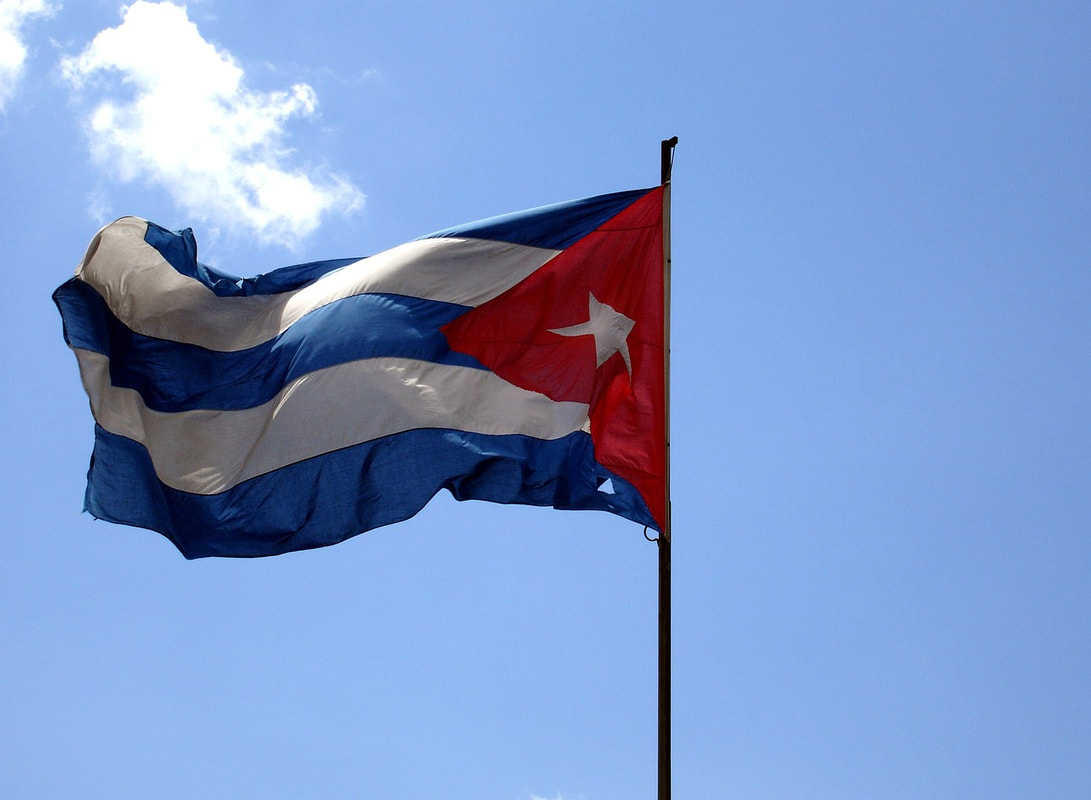


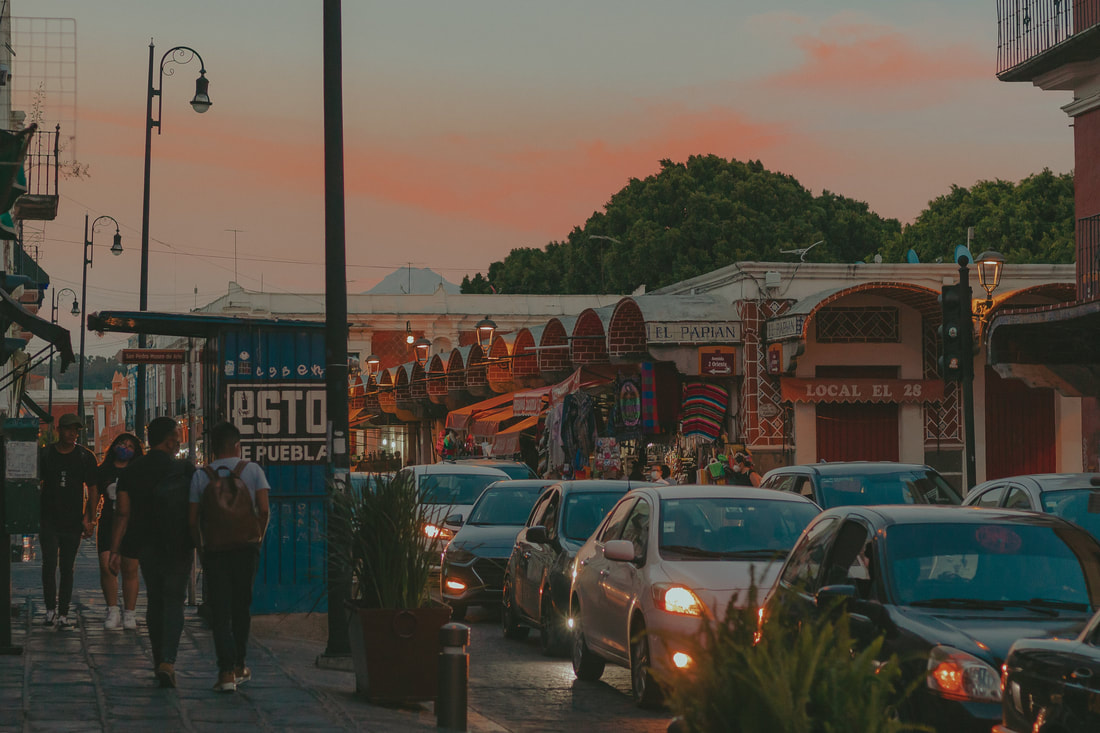
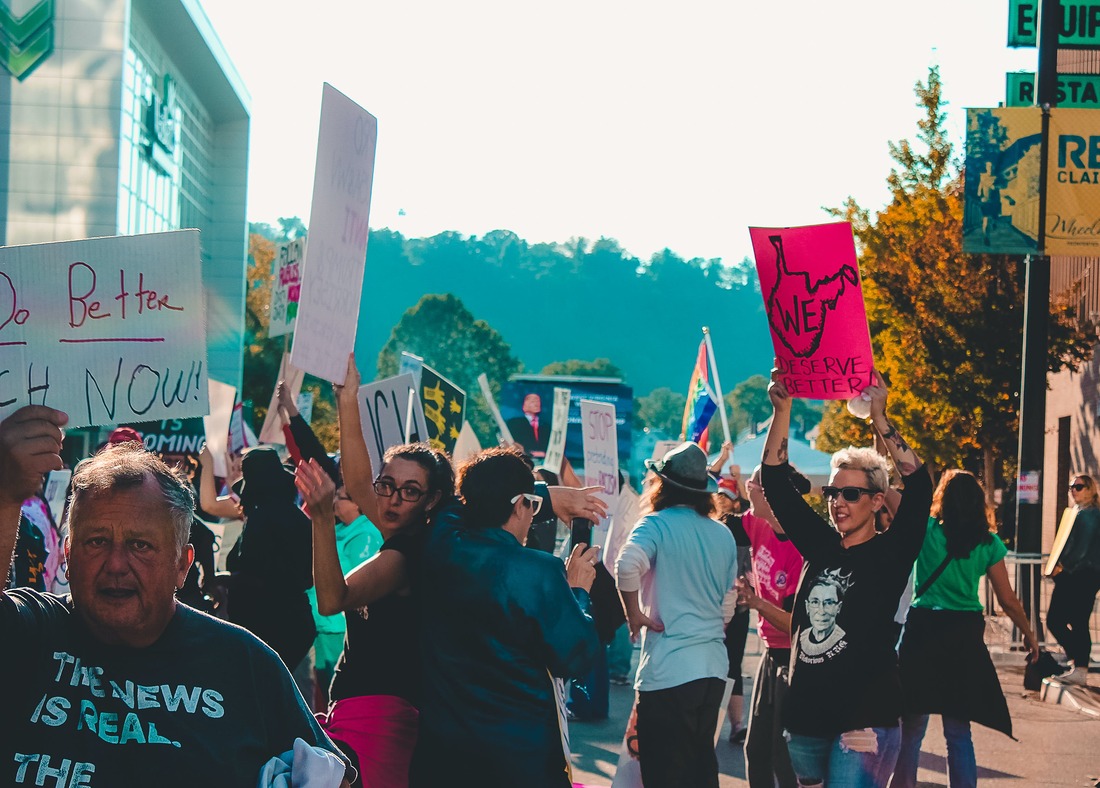
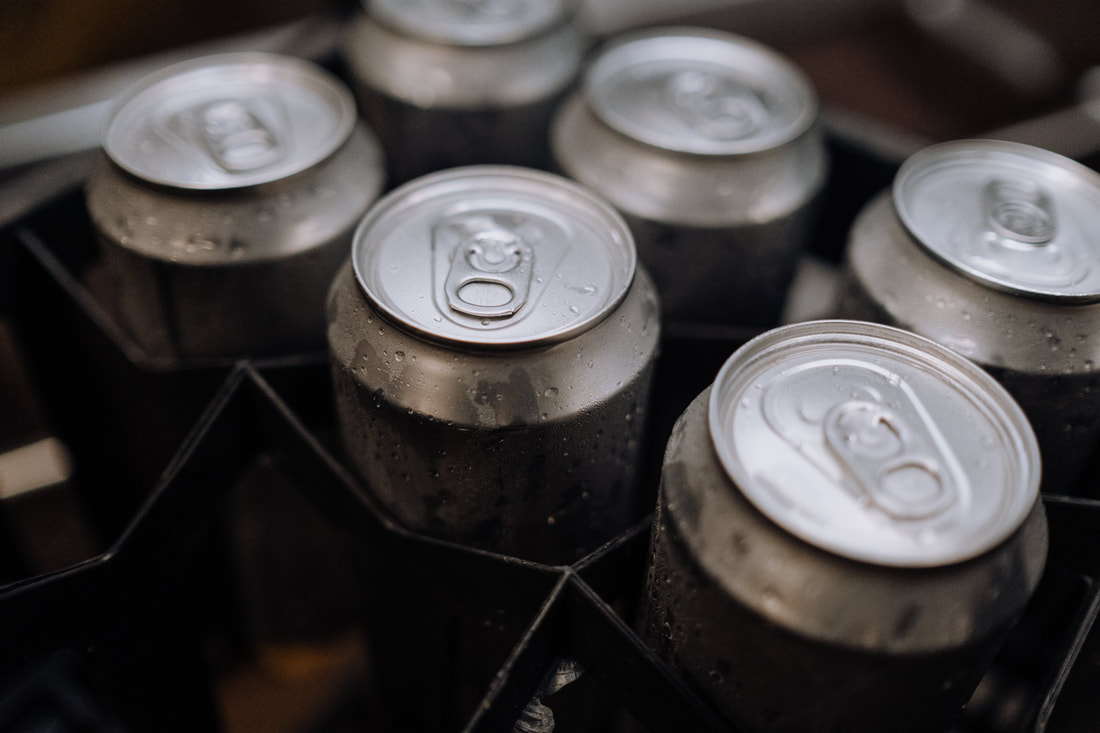

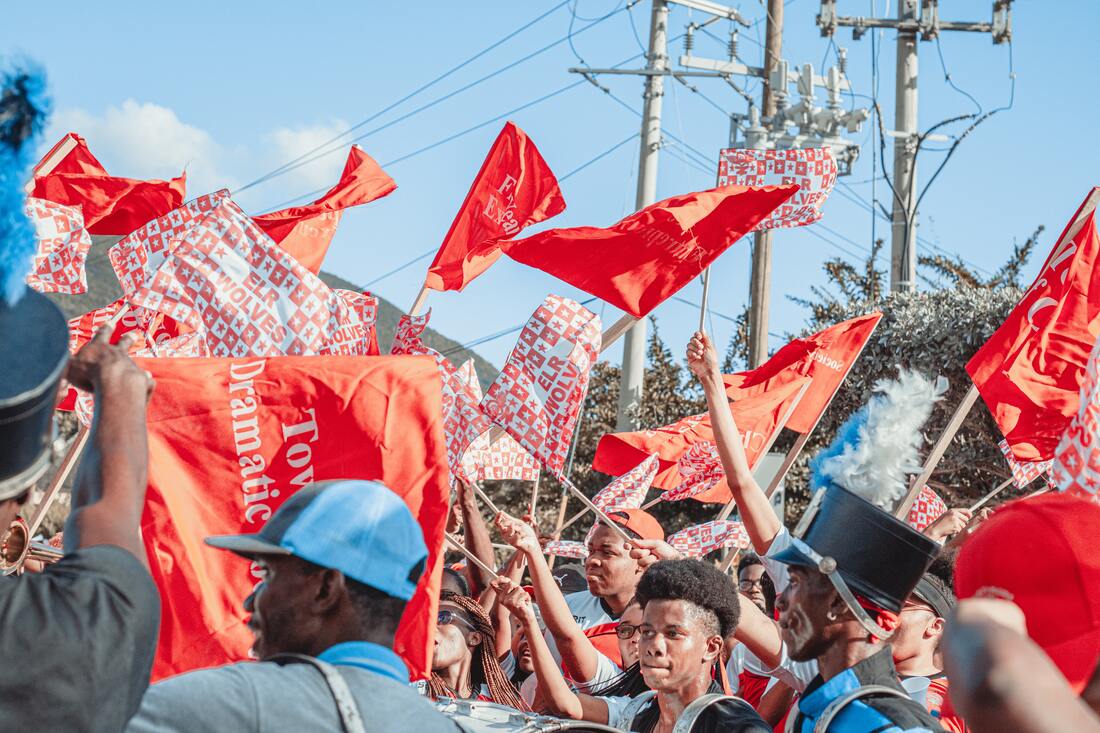


 RSS Feed
RSS Feed
